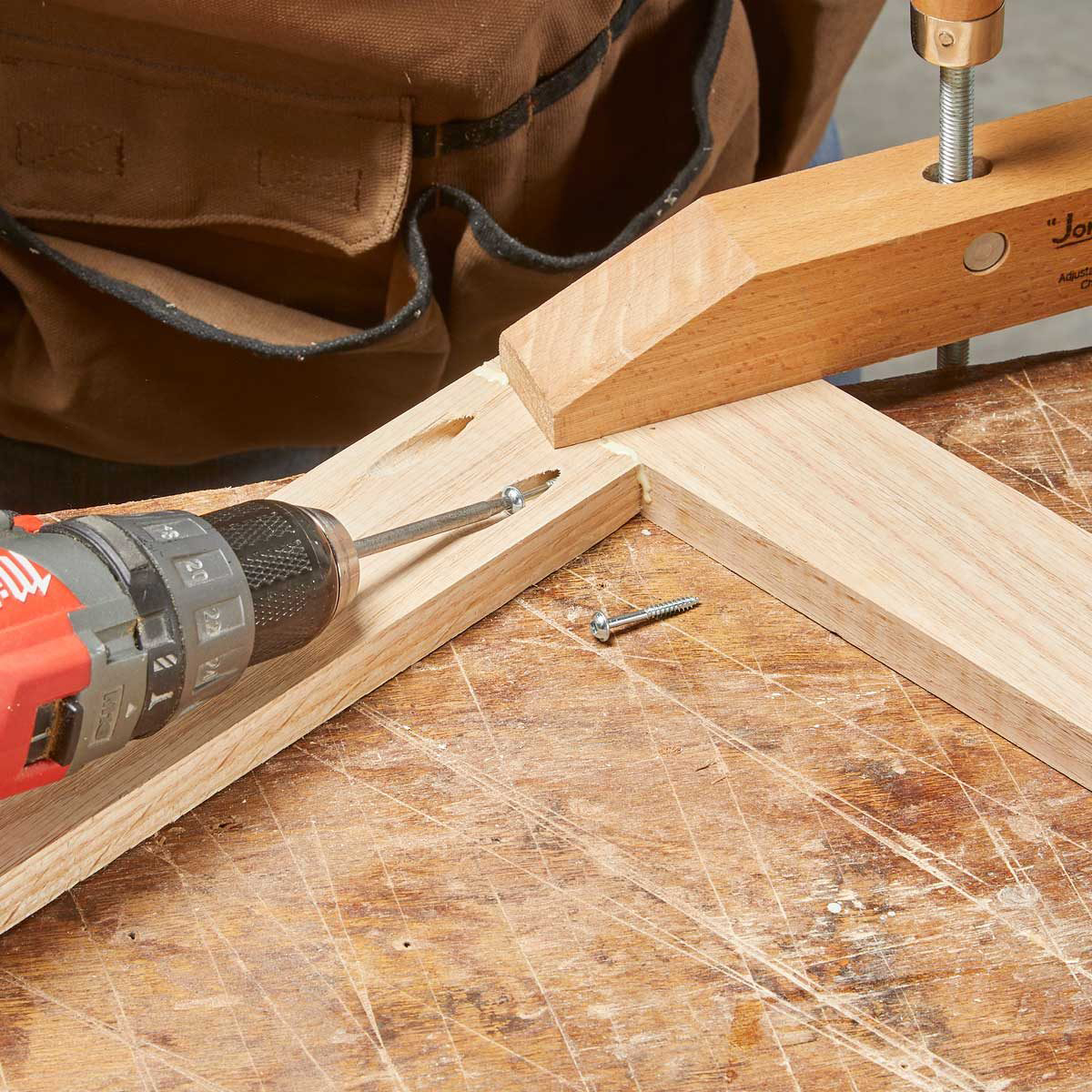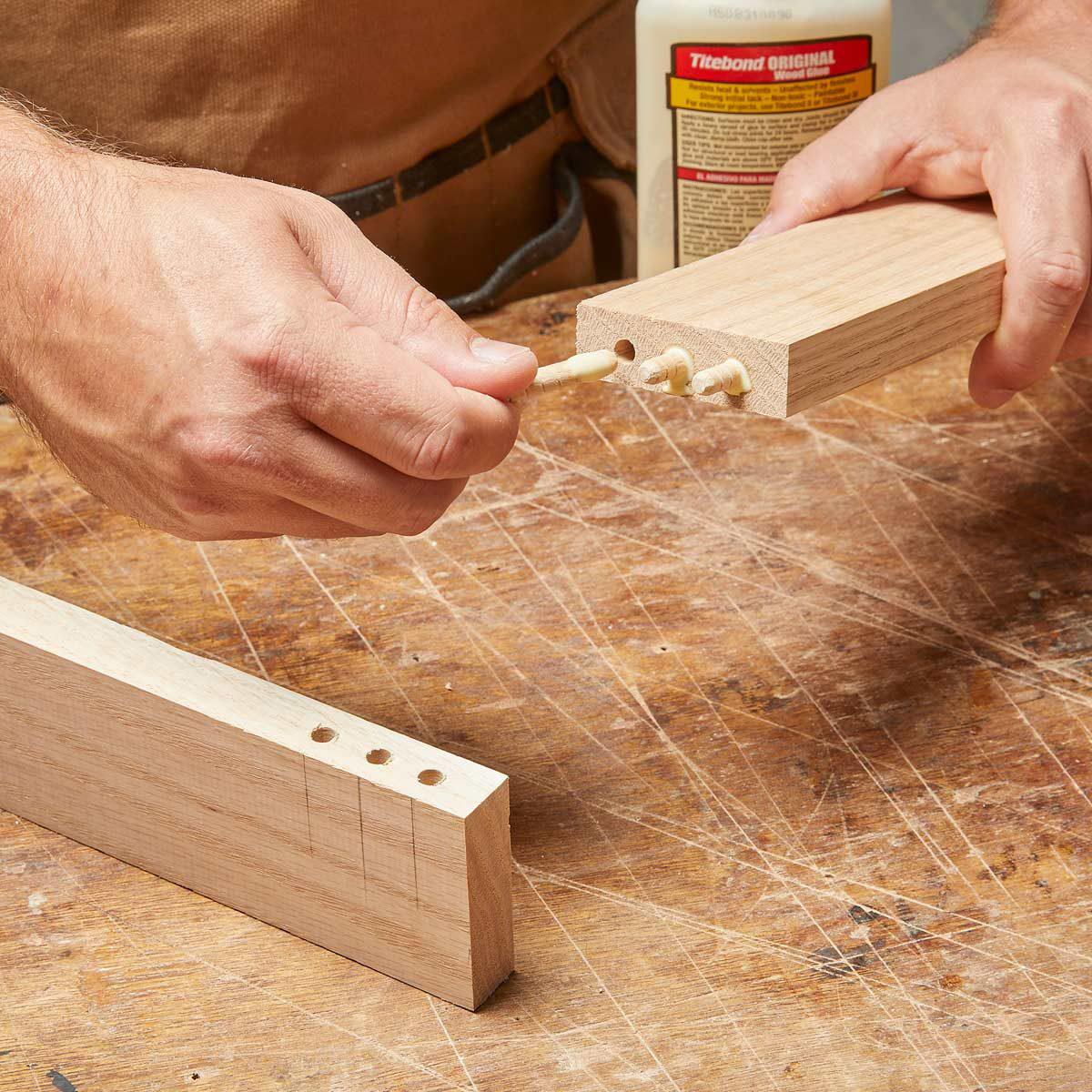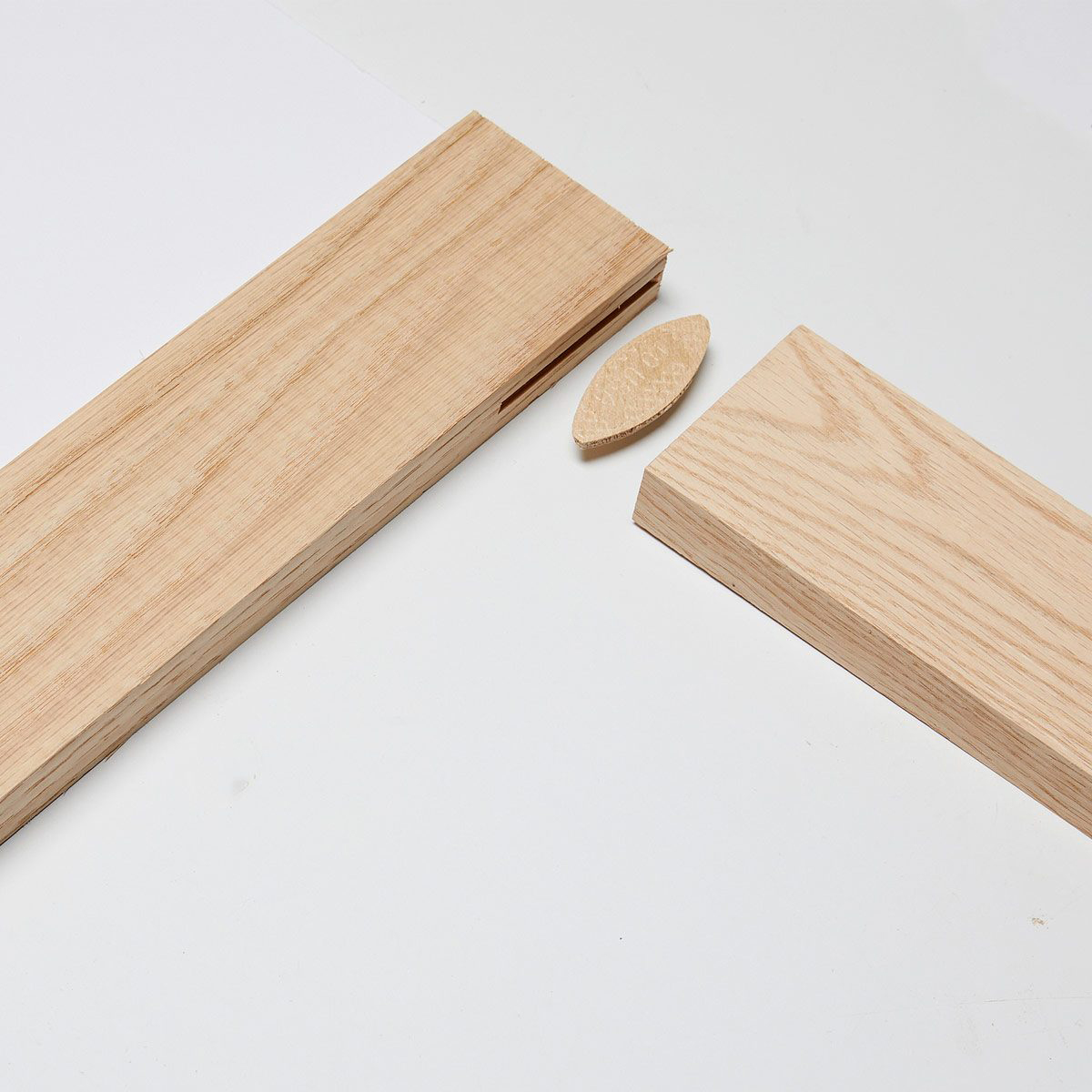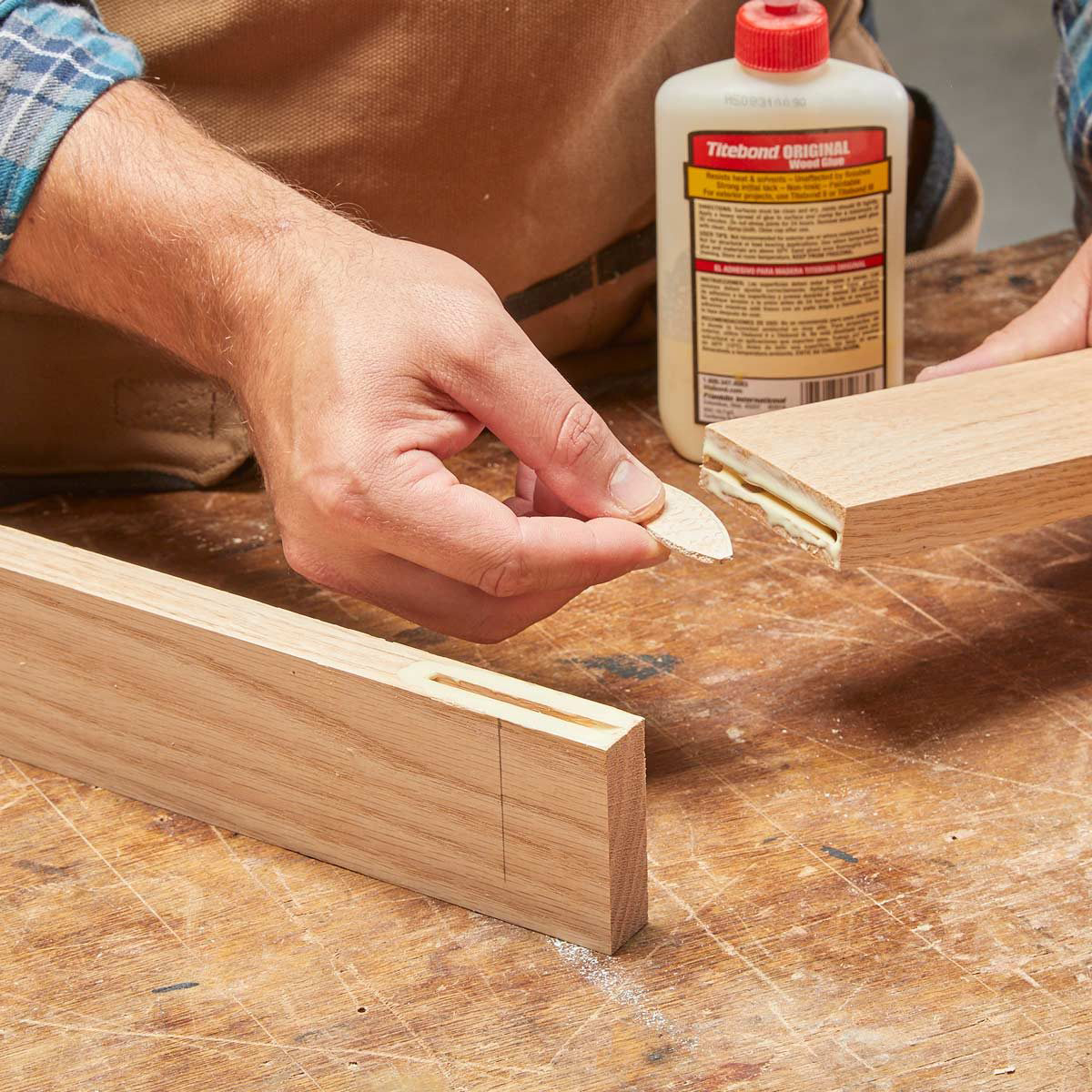Stronger is better
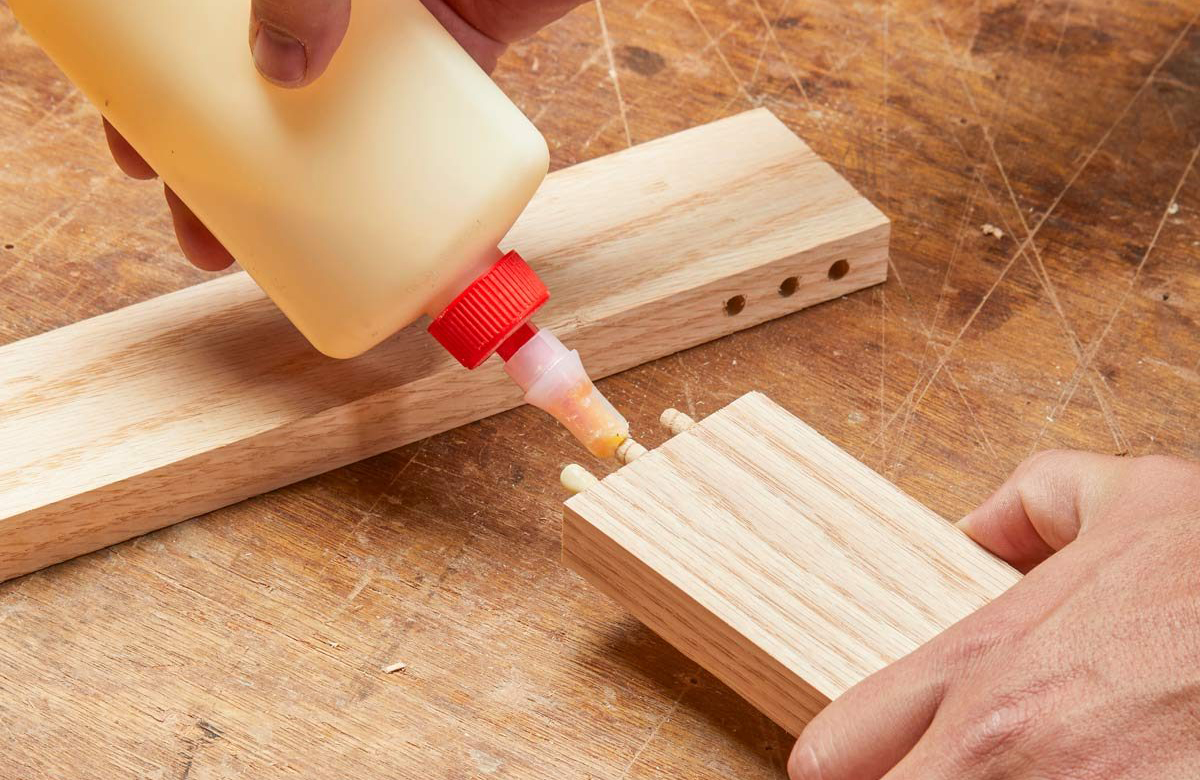
Traditional, hand-cut joinery requires skill and a great deal of practise to master. But are those fancy joints necessary? Nah. I still use mortise-and-tenons or dovetails when a project calls for it. But for most projects, I just need joinery that’s strong and simple. My go-to methods include pocket screws, dowels, biscuits and the Beadlock system. There’s no reason to have all of them in your arsenal. Most serious woodworkers choose one or two, become proficient at them and use them in most projects. So pick the one that speaks to you and let’s get started!
Check out these 19 practical woodworking projects for beginners.
1. Pocket screws

You can get a basic pocket hole kit for about $60. You’ll need a supply of different lengths of special self-drilling washer-head screws (course threads for hardwoods). You likely already have a drill/driver, which is the only necessary tool. That’s a plus, as you don’t need to purchase yet another tool that only has one purpose. Once you’ve become a convert, you can pick up more clamps, accessories and jigs to really step up your production. The only downside to pocket screws is that without special clamps, they don’t provide positive alignment of parts for assembly.
Pros
Fast
No clamping required
Cons
Visible holes
Doesn’t provide positive alignment
How it’s done
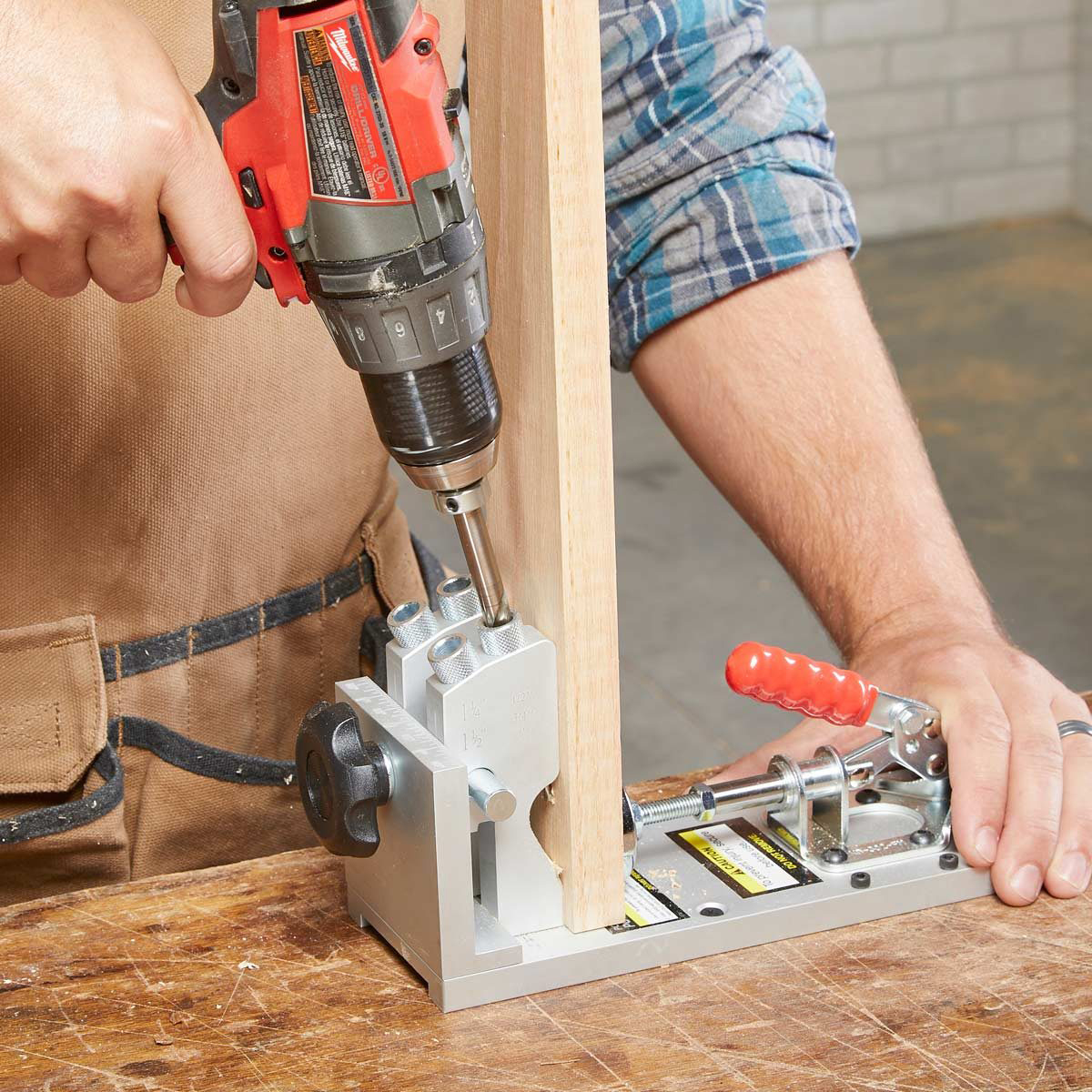
To use a pocket hole jig, just clamp your workpiece in the jig and drill the steeply angled holes. The thickness of the stock you’re drilling into determines the jig’s positioning as well as the setting of the drill bit’s stop collar. The included drill bit bores a flat-bottom hole with a short pilot hole at the centre to guide the screw into the adjoining part.


